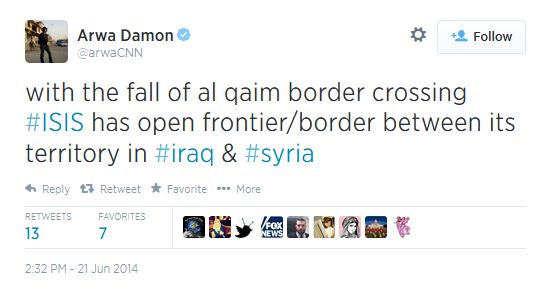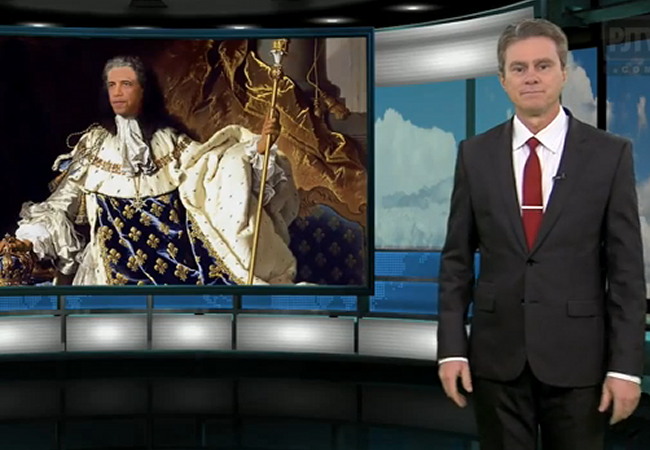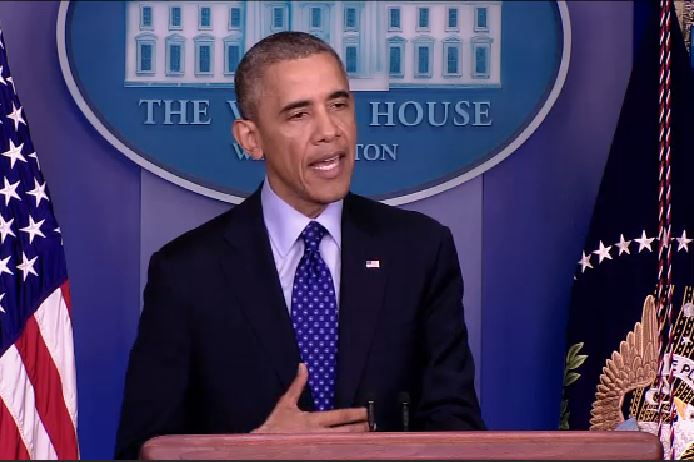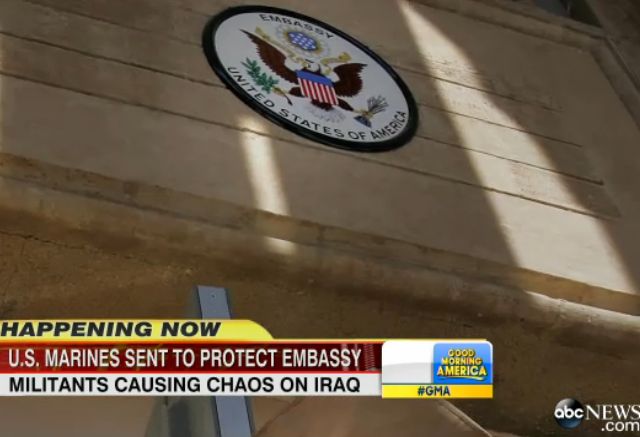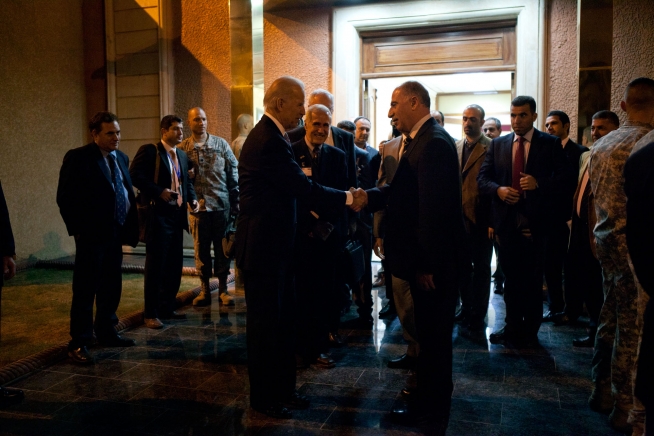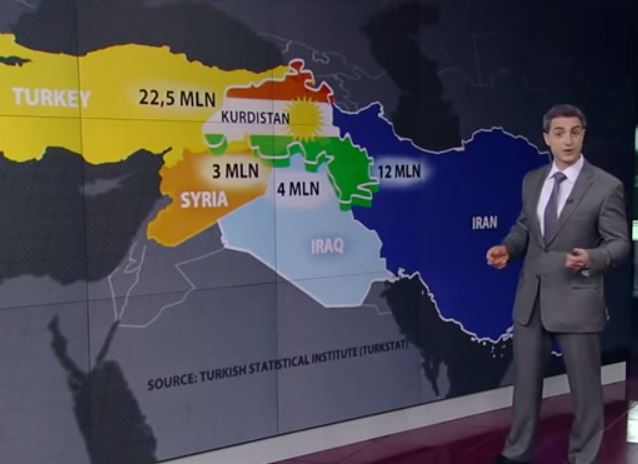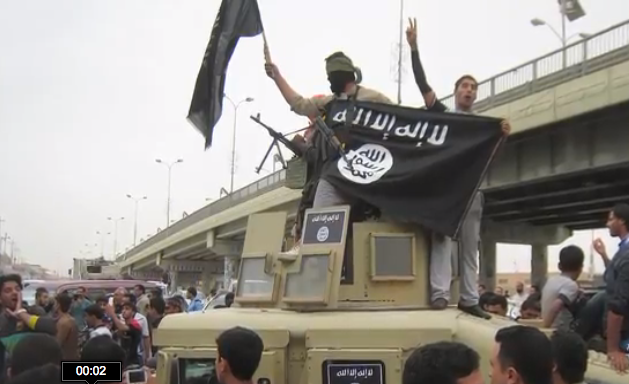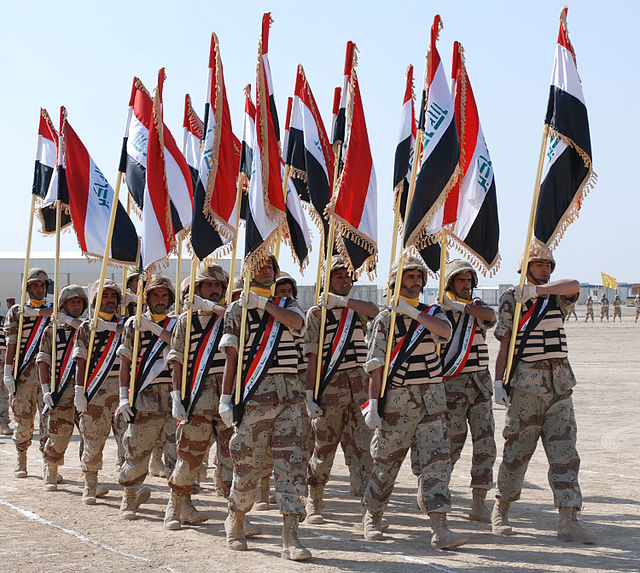President Obama notified Congress on Monday that starting Sunday, June 15th, approximately 275 U.S. Armed Forces personnel were deploying to Iraq to provide security for the U.S. Embassy and its staff in Baghdad. (Read the
full text of the letter).
From
USA Today:
President Obama notified Congress on Monday that about 275 U.S. military personnel are deploying to Iraq to provide support and security for U.S. personnel and the U.S. Embassy in Baghdad.
Obama also said the troops are equipped for combat and will remain in Iraq until the security situation becomes such that they are no longer needed. These forces are entering Iraq with the consent of the government there, White House press secretary Jay Carney said.
He said the report to Congress is consistent with the War Powers Resolution.
The Pentagon said 170 of the troops arrived over the weekend in Baghdad and another 100 were moved into the region to help with embassy security as some of the staff was being relocated in the area. The embassy remains open and operating.
While the US embassy remains operating, the
State Department announced on Sunday that additional security personnel would be added to the staff in Baghdad, though some of its other staff would be temporarily relocated.
The United Nations also announced Monday that it has relocated nearly 60 of its staff from Baghdad to Amman, Jordan, according to
Thomson Reuters. A spokesman for the UN indicated that additional relocations could be possible in the next few days.
The news comes after
insurgents have advanced in Iraq in recent days, and on Monday reportedly seized the northern city of Tal Afar, according to the
NY Times.
